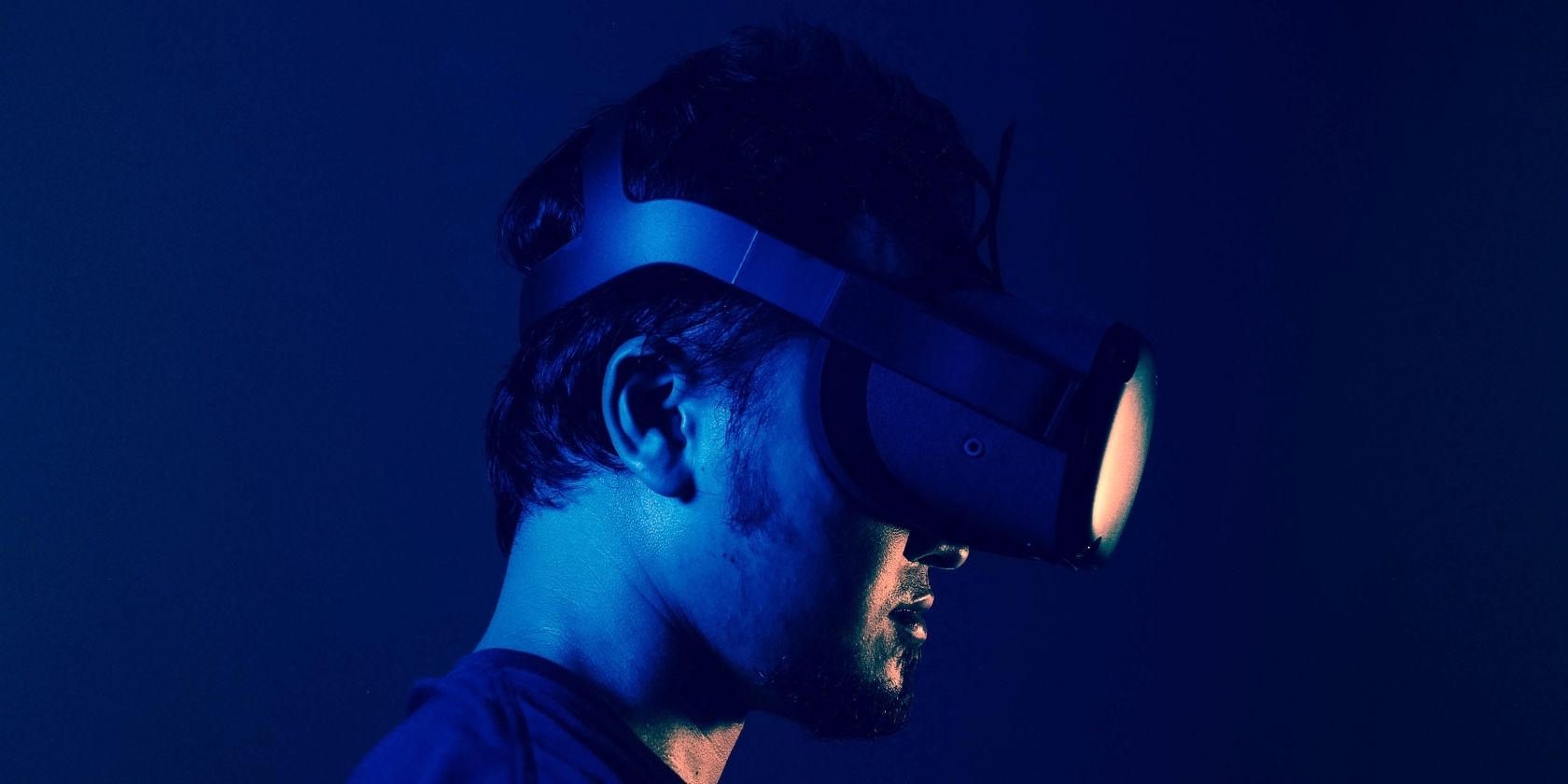Summary
- Meta is opening its operating system to third-party brands to expand the future of VR hardware, making it easier for brands to enter the market.
- Hardware manufacturers will gain access to Meta’s Horizon OS, allowing for seamless creation of VR headsets with access to Meta’s ecosystem.
- Big names like Asus and Lenovo are already on board to release new VR and mixed reality devices, showing promise for the future of VR technology.
Virtual reality has been around for quite some time, but didn’t realistically get into the hands of consumers until about ten years ago through the efforts made by Oculus. While the brand has made strides since being purchased by Meta, the popularity of computing devices that sit on the face hasn’t really gained in popularity, and we’ve seen that it can be a tough business, despite big players like Google, HTC and Lenovo throwing their hats into the ring.

AR, VR, XR: What’s the difference?
Let’s define reality with a close look at AR, VR, MR, and other technologies to see what they mean
It looks like Meta has seen enough and is now taking an aggressive step in order to secure the future of VR. The company today announced that it would be opening up its operating system that has powered its own Meta Quest devices to other third-party brands, which means, going forward, if a brand wants to get into VR, it would just need to just need to mainly focus on the hardware.
What is Meta Horizon OS?
This is the name of the OS that will be powering Meta Quest and future VR headsets from brands that want to try and get their feet wet. Meta offers the most dominant ecosystem available when it comes to VR, with plenty of apps and games. It has invested quite a bit in building this ecosystem, which is why this move is so important and creates better opportunities for other companies that want to build their own VR headsets.
Hardware manufacturers that are interested will gain access to the OS, which will allow them to seamlessly create hardware that will be ready for today and the future. Some of the highlighted technologies embedded in the OS are Passthrough, Scene Understanding, and Spatial Anchors. These are some of the great foundations that this OS will offer support for. Third-party headsets will also have access to the same great Meta Quest Store.
In addition, brands that take advantage of Horizon OS will also have access to the social platforms that are embedded in the system, making it easier to connect with friends and family members in the digital world. Furthermore, Horizon OS will also allow users to take advantage of the mobile app as well, which will be named the Meta Horizon app going forward.
Now, what’s really exciting about all this news is that there are already some big names involved that have committed to bringing new hardware to consumers. In the press release by Meta, Asus will be releasing a new gaming focused VR headset, while Lenovo will create a new mixed reality device that will cater to “productivity, learning, and entertainment.” Perhaps even more exciting, is that at some point, there will be a release of a limited edition Meta Quest that will be inspired by Xbox (via Engadget).
With this move, Meta is also making changes to its platform, bringing its Meta Horizon Store and App Lab together in one place. App Lab is a curated selection of apps from developers that provides users with an early look at titles that are in progress or experimental. These apps will now be showcased, alongside standard apps, creating an even deeper catalog of apps to be discovered. There will also be new tools introduced to developers to help them create new and exciting experiences.
As Meta expands its reach to include more hardware manufacturers, it has also made strides by working with Microsoft to bring its Xbox streaming library to Quest headsets, along with allowing Valve’s Steam Link and similar wireless streaming PC software to work with its headsets. While it’s unclear just how much things will change, it’s very clear that Meta is still looking to push its VR ambitions to the brink. But this move could be a push in the right direction.

